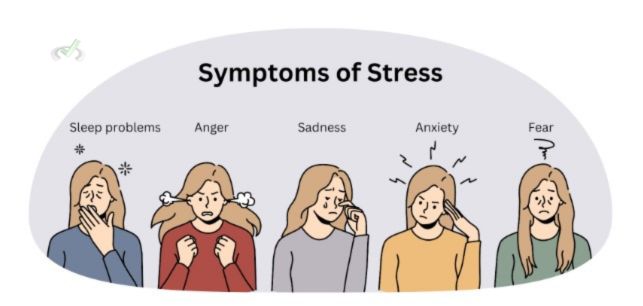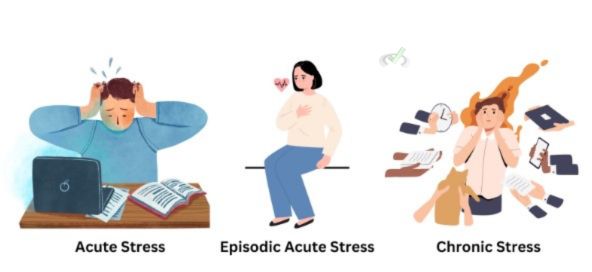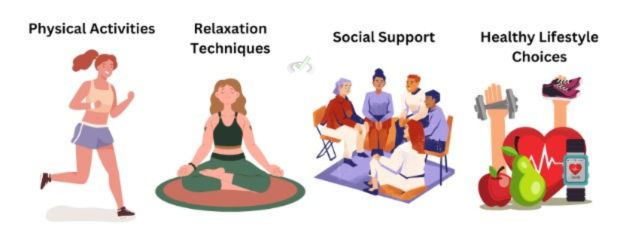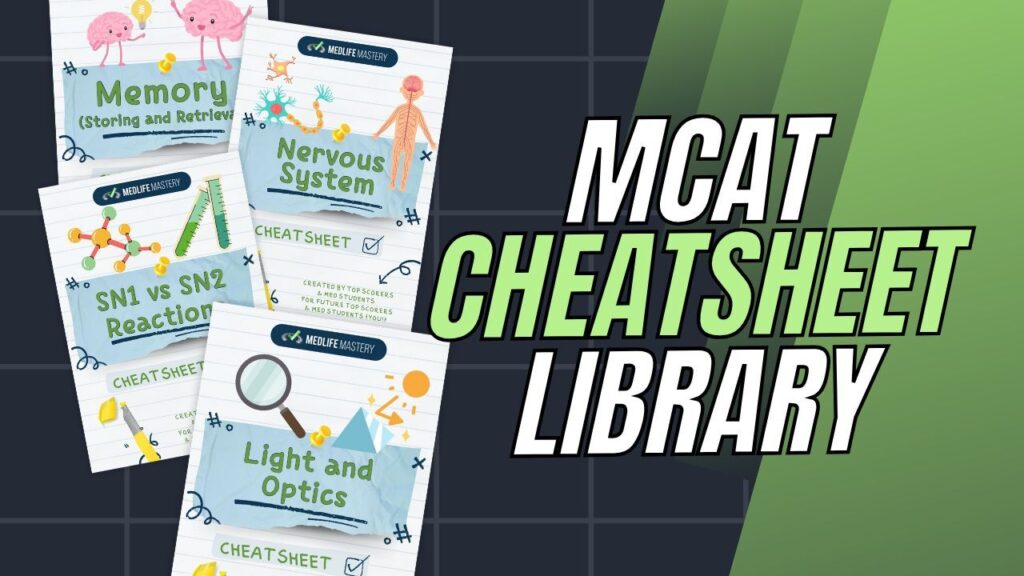You are standing at the edge of a cliff, looking down into a deep canyon. Your heart racing, your palms getting sweaty, and your mind whirlling with thoughts. This intense reaction is your body’s natural response to a perceived threat, commonly known as stress.
All of us experience stress at some point in our lives. Whether you are preparing for an important exam, dealing with a difficult relationship, or facing a tight deadline at work, stress triggers a series of reactions in your body.
These reactions can be physical, like a racing heart. They can also be emotional, like feelings of anxiety, or behavioral, like irritability.
Understanding stress helps us manage it better and stay healthy. Let’s explore the main features of stress and how we can deal with it effectively.
I. Understanding Stress
Stress is our body's response to any demand or threat. When you sense real or imagined danger, your body’s defenses kick into high gear. This is known as the "fight-or-flight" reaction or the stress response.
Stress Response
The stress response is your body’s way of protecting you. Working properly helps you stay focused, energetic, and alert. In emergencies, stress can save your life. For instance, the stress response can make you slam on the car brakes to avoid an accident.
However, beyond a certain point, stress stops being helpful. It may cause major damage to your health, mood, productivity, relationships, and quality of life.
Symptoms of Stress
Stress affects all aspects of our lives. This includes your emotions, behaviors, thinking ability, and physical health. No part of the body is immune. People handle stress differently, so symptoms can vary.

Common Physical Symptoms:
- Headaches
- Muscle tension or pain
- Chest pain
- Fatigue
- Change in sex drive
- Stomach upset
- Sleep problems
Common Emotional Symptoms:
- Anxiety
- Restlessness
- Lack of motivation or focus
- Feeling overwhelmed
- Irritability or anger
- Sadness or depression
II. Types of Stress

There are several types of stress. Each has different characteristics and effects.
Acute Stress
The most common type of stress comes from the demands and pressures of our recent past. It also arises from anticipated demands and pressures of the near future. This type of stress is familiar to many because it happens often in daily life.
Acute stress is thrilling and exciting in moderation. However, it becomes exhausting when it’s too much. Examples include a job interview or a near miss in traffic.
Episodic Acute Stress
People who frequently experience acute stress have episodic acute stress. Their lives present frequent triggers of stress.
They are always in a rush, always late, and if something can go wrong, it does. Over time, this can cause long-term health problems such as high blood pressure or heart disease.
Chronic Stress
This type of stress wears people away day after day, year after year. Chronic stress destroys bodies, minds, and lives.
It wreaks havoc through long-term attrition. Examples of chronic stress include ongoing poverty, an unhappy marriage, or a toxic work environment.
III. Causes of Stress
Feeling stressed is a natural part of life. Many events around you and things you do can cause your body to feel stressed. You can feel stress from your surroundings, body, and thoughts.
Environmental Stressors:
- Major life changes
- Work or school
- Relationship difficulties
- Financial problems
- Being too busy
- Children and family
Body Stressors:
- Health issues
- Lack of sleep
- Poor nutrition
- Physical injury
Thoughts Stressors:
- Negative self-talk
- Unrealistic expectations
- Perfectionism
- Pessimism
IV. Coping with Stress
Stress management is about taking charge of your thoughts, emotions, schedule, and environment and dealing with problems. Here are some ways to cope with stress:

Physical Activities
Physical activities can help reduce stress. Activities like walking, running, or yoga are beneficial.
Exercise increases the production of endorphins. These are chemicals in the brain that serves as natural painkillers and mood elevators.
Relaxation Techniques
Practicing relaxation techniques can help activate your body’s relaxation response. This state of restfulness is the opposite of the stress response. Techniques like deep breathing, meditation, or progressive muscle relaxation are effective.
- Deep breathing means taking slow, deep breaths to help calm your body.
- Meditation means concentrating your mind to reach a relaxed state.
- Progressive muscle relaxation involves tightening and then slowly relaxing each muscle group.
Social Support
Talking to others can provide comfort and stress relief. Sharing your feelings with friends, family, or counselors can help you feel supported and less alone.
Social support systems work differently in various cultures. Family support is strong in some cultures, while in others, friends or community groups provide support.
Healthy Lifestyle Choices
Maintaining a healthy lifestyle can improve your ability to handle stress. This includes consuming a balanced diet, sleeping well, and avoiding excessive alcohol and caffeine.
A balanced diet provides the essential nutrients to keep your body functioning well. Adequate sleep helps your body recover and manage stress. Limiting alcohol and caffeine can prevent additional stress.
IV. Bridge/Overlap
As mentioned above, understanding stress is crucial because it affects many areas of our lives. This topic also connects to other areas you might study.
Neuroendocrine System
Stress triggers the release of cortisol, a hormone the adrenal glands produce. Cortisol plays a significant role in the body’s stress response and is part of the neuroendocrine system. This involves the interactions between the nervous system and the endocrine system.
Coping Mechanisms
Different coping mechanisms are used to manage stress and difficult emotions. Understanding these mechanisms can help develop effective strategies for handling stress and improving mental health.
Psychological Disorders
Stress is a major factor in the development and exacerbation of psychological disorders such as anxiety and depression. Learning about how stress interacts with these disorders can provide insights into better treatment and management approaches.
V. Wrap Up/Key Terms
Let’s take this time to wrap up & concisely summarize what we covered above in the article!
Key Terms
Stress Response: The body's automatic reaction to perceived threats involving the "fight-or-flight" mechanism.
Acute Stress: Short-term stress that goes away quickly.
Episodic Acute Stress: Frequent bouts of acute stress.
Chronic Stress: Long-term stress that persists over an extended period.
Stressors: Events or conditions in your surroundings, body, and thoughts that trigger stress.
Coping Mechanisms: Strategies like physical activity, relaxation techniques, social support, and healthy lifestyle choices that help manage stress.
VI. Practice
Test your understanding with these questions:
Sample Practice Question 1
What are common physical symptoms of stress?
A. Headaches
B. Anxiety
C. Muscle tension
D. Both A and C
Ans. D
Stress often causes headaches and muscle tension due to the body's physical response to stressors.
Sample Practice Question 2
Which type of stress is characterized by frequent stress episodes?
A. Acute Stress
B. Episodic Acute Stress
C. Chronic Stress
D. Physical Stress
Ans. B
Episodic acute stress occurs frequently and is often triggered by ongoing demands and pressures.







 To help you achieve your goal MCAT score, we take turns hosting these
To help you achieve your goal MCAT score, we take turns hosting these 





















 reviews on TrustPilot
reviews on TrustPilot